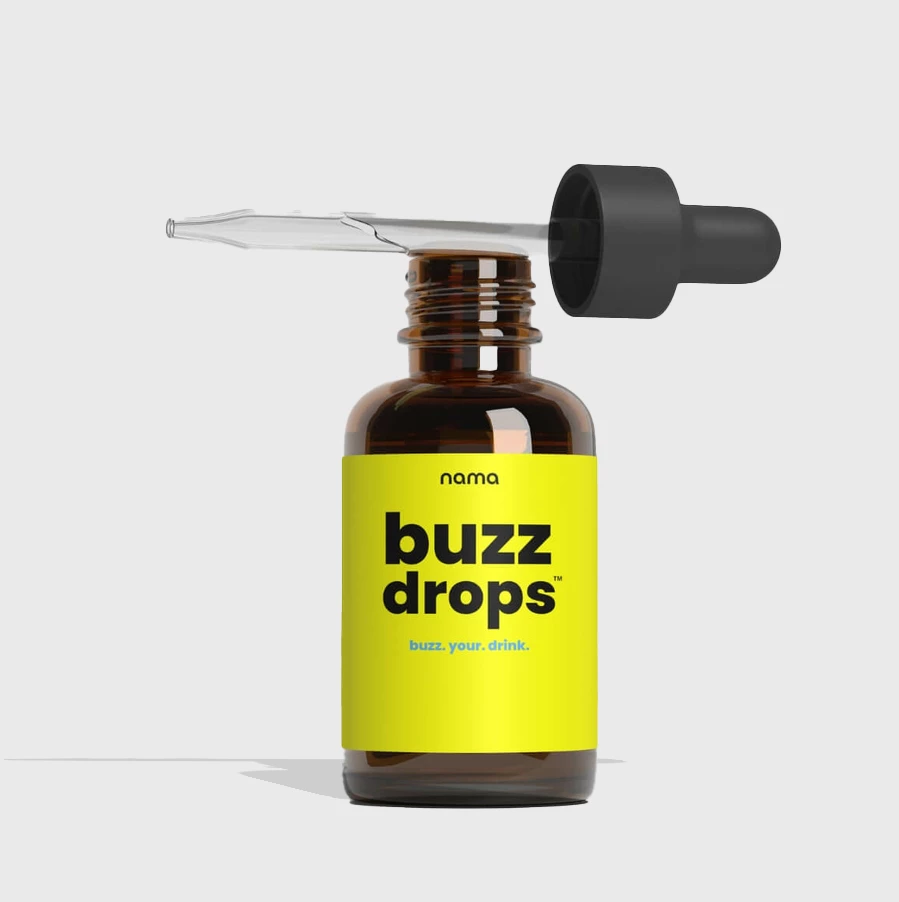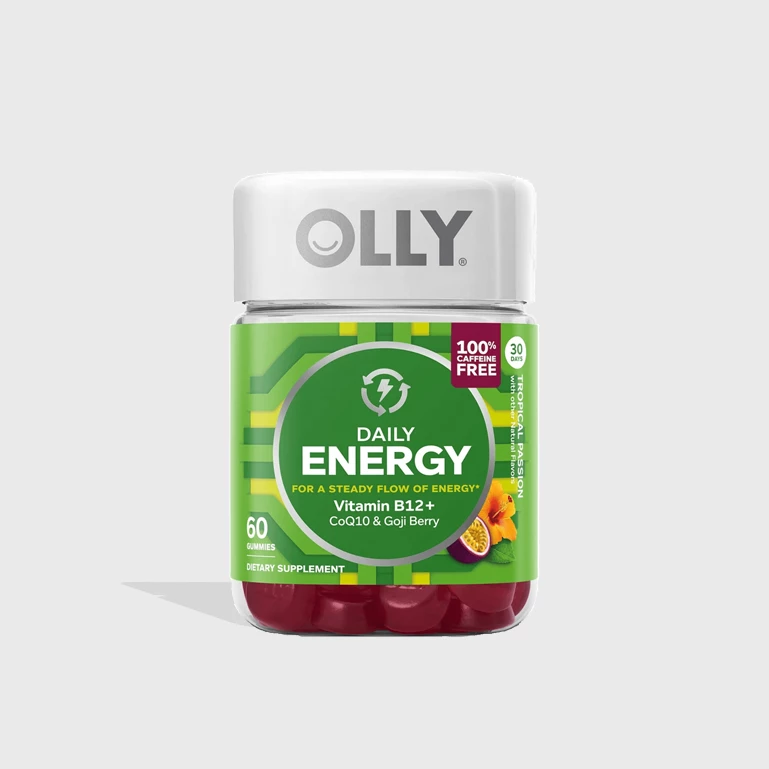CBD and THC for Climate Anxiety: Can Cannabis Help Ease Eco-Related Stress?
CBD and THC for Climate Anxiety: Can Cannabis Help Ease Eco-Related Stress?

Introduction
The climate crisis is no longer a distant threat—it’s a daily reality. From wildfires and droughts to floods and melting glaciers, the ecological changes we witness are reshaping not only our environment but also our mental health. A growing number of people report experiencing climate anxiety, a term used to describe the chronic fear and emotional distress caused by the climate emergency.
As traditional therapeutic approaches adapt to this new kind of anxiety, an age-old remedy is gaining renewed interest: cannabis. Specifically, the compounds CBD (cannabidiol) and THC (tetrahydrocannabinol) are being explored for their potential in alleviating the stress and emotional burden tied to ecological concerns.
But can cannabis really help ease climate anxiety?
Let’s dive into the science, psychology, and personal stories behind using CBD and THC as tools for emotional resilience in the face of ecological collapse.
Understanding Climate Anxiety
What is Climate Anxiety?
Climate anxiety—also referred to as eco-anxiety—is a relatively new term but one that captures a deep and growing sentiment. It manifests as:
- Constant worry about the planet’s future
- Feelings of helplessness, grief, and anger
- Guilt over personal environmental impact
- Physical symptoms like fatigue, insomnia, and even panic attacks
According to a 2021 global survey published in The Lancet, 59% of young people said they were very or extremely worried about climate change, and over 45% reported that these feelings impacted their daily lives. These are not isolated emotions; they’re collective, urgent, and real.
Who Experiences Climate Anxiety?
Though often associated with younger generations, climate anxiety affects people across demographics. Environmental professionals, parents, activists, and even scientists are not immune. The feeling of being unable to stop a planetary crisis, despite individual or collective action, creates a unique psychological burden.
Cannabis and Mental Health: A Brief Overview
What Are CBD and THC?
Cannabis contains over 100 active compounds, but the two most well-known are:
- CBD (Cannabidiol): Non-psychoactive, commonly used for anxiety, inflammation, and insomnia.
- THC (Tetrahydrocannabinol): Psychoactive, responsible for the “high” feeling, also known for pain relief and relaxation.
The endocannabinoid system (ECS) in our bodies interacts with these compounds, influencing mood, sleep, appetite, and stress response.
Mental Health Applications
Cannabis has been studied for various mental health benefits, including:
- Generalized anxiety disorder
- PTSD
- Depression
- Insomnia
- Chronic stress
Both anecdotal and clinical evidence suggest that CBD and THC can help regulate mood and reduce symptoms of anxiety. So how does this apply to eco-anxiety?
Climate Anxiety Meets Cannabis: A Natural Match?
Can Cannabis Address Eco-Related Stress?
While there is limited direct research on using cannabis specifically for climate anxiety, early insights from broader anxiety studies are promising.
- CBD, in particular, is known to reduce cortisol levels (the stress hormone), which can help users manage overwhelming emotions triggered by climate news or existential dread.
- THC, in moderate doses, has shown to induce calmness and temporary mental escape—helpful for people needing a break from the relentless eco-doom scrolling.
Many people report that cannabis helps them feel more connected to nature, experience enhanced empathy, and engage in constructive climate action rather than be paralyzed by fear.
Real-World Testimonies
"I used to get panic attacks every time I saw a wildfire report. CBD oil helped me stay grounded and rationalize my response." – Samira, 27
"THC edibles make me feel more hopeful. I know it won’t fix the planet, but it helps me stay motivated to do what I can." – Eli, 34
These real-life experiences hint at a broader therapeutic potential waiting to be explored—and responsibly harnessed.
CBD: The Chill Without the High
How CBD Helps
CBD interacts with serotonin receptors in the brain, promoting relaxation without intoxication. This makes it ideal for daily management of climate anxiety, especially for those who want mental clarity.
Benefits of CBD for climate-related stress:
- Reduces panic attacks
- Improves sleep
- Decreases physical tension
- Lowers emotional reactivity to climate triggers
How to Use It
There are many ways to incorporate CBD into your wellness routine:
- Sublingual oils and tinctures
- Gummies or capsules
- CBD-infused beverages
- Topicals (for stress-related muscle tension)
For accurate dosage and product guidance, platforms like Vliso provide AI-powered recommendations based on your stress levels, goals, and lifestyle.
Dosing and Safety
Start low (e.g., 10–20mg/day) and go slow. Consult with a physician, especially if you are taking other medications or have mental health conditions.
THC: The Uplifting Escape
When Is THC Useful?
For some, the mental load of climate news requires more than calming—it demands an escape. THC can offer this in a controlled, mindful way.
Potential benefits of THC:
- Induces euphoric states that relieve emotional burnout
- Inspires creative climate action or problem-solving
- Enhances sense of connection to nature and community
The Right Context Matters
THC isn’t for everyone. It can increase anxiety in some people, especially in high doses. A low-dose edible or microdosing approach (2–5mg) is often ideal for managing stress without going overboard.
Platforms like Vliso help users track their tolerance levels, set goals (like reducing anxiety), and find the right balance between CBD and THC for their needs.
Cannabis and Eco-Spirituality
Deepening Nature Connection
Cannabis has been used in spiritual rituals for centuries. When dealing with climate grief or eco-anxiety, it can help:
- Reignite a connection with the earth
- Foster introspection and personal alignment with climate values
- Encourage mindfulness and presence
This reconnection is more than emotional—it's motivational. People who use cannabis mindfully often report feeling more compelled to act in sustainable and compassionate ways.
Intentional Use
Create a “climate ritual” where you use cannabis to:
- Journal your eco-feelings
- Meditate on your role in climate action
- Visualize solutions or future Earth scenarios
Need structure? Vliso offers personalized mindfulness prompts and wellness journaling features tailored to emotional wellness goals.
Risks, Myths, and Mindful Practices
What to Watch Out For
While cannabis may help some manage climate anxiety, it's not a silver bullet. Be mindful of:
- Overdependence: Using it to avoid all climate realities
- Impaired functioning: Especially with THC, which may affect work or cognitive function
- Worsening anxiety: High doses of THC can cause paranoia or restlessness
Debunking Myths
-
Myth: Cannabis numbs you to real-world problems
Reality: When used intentionally, it can inspire purposeful action. -
Myth: You need to get “high” to benefit
Reality: CBD offers anxiety relief without intoxication. -
Myth: All cannabis is the same
Reality: Different strains and compounds produce vastly different effects. AI-based platforms like Vliso help match the right products to your emotional and mental needs.
The Role of Cannabis in Climate Resilience
Emotional Resilience is Key
Tackling the climate crisis requires resilience—the ability to stay engaged, compassionate, and mentally healthy. If cannabis can be part of that toolkit, it's worth serious consideration.
CBD and THC:
- Help reduce emotional fatigue
- Offer tools for self-regulation
- Enable “rest and reset” during activism or research
- Strengthen eco-empathy and compassion
Cannabis and Activism
For climate activists, burnout is real. Many find cannabis helpful in:
- Processing eco-grief
- Managing stress after protests or climate disasters
- Remaining hopeful in the face of inertia or denial
Integrating Cannabis into Climate Self-Care
Self-Care Is Not Selfish
Being emotionally healthy allows you to sustain your climate efforts. Whether that means taking a CBD bath after reading the IPCC report or journaling your eco-emotions post-THC microdose, cannabis can support sustainable self-care.
Vliso also offers community features where you can share your cannabis and climate journey with like-minded users focused on mental wellness and environmental impact.
Sample Eco-Cannabis Routine
- Morning: 10mg CBD oil for grounding and clarity
- Afternoon: Forest walk + mindful breathing (no cannabis)
- Evening: Low-dose THC edible while journaling or watching a nature documentary
- Weekly Ritual: Cannabis-infused eco-meditation + climate vision board creation
Future Research and Policy Implications
The Need for More Studies
While anecdotal evidence is growing, we need more research focused on cannabis and eco-anxiety. This includes:
- Clinical trials on CBD and climate-induced stress
- Neurobiological studies on the endocannabinoid system and eco-grief
- Behavioral studies on cannabis use in climate activists
Advocating for Access
To truly support eco-mental health, policy must:
- Support legal, safe cannabis access
- Encourage research funding
- Integrate cannabis education into climate psychology discourse
Final Thoughts: A Greener Mind for a Greener World
Cannabis is not a solution to the climate crisis—but it might be a solution to how we emotionally respond to it. For those struggling with the grief, guilt, fear, and overwhelm of a changing planet, CBD and THC offer tools for healing, resilience, and action.
Used wisely and intentionally, cannabis can help us stay connected—not disconnected—from the earth and each other.
Whether you’re an activist on the frontlines or an anxious observer scrolling through climate headlines, it’s okay to seek support. It’s okay to feel. And yes—it’s okay to turn to cannabis for a little help along the way.
Explore your wellness path at Vliso, where mental clarity, nature, and science meet.















